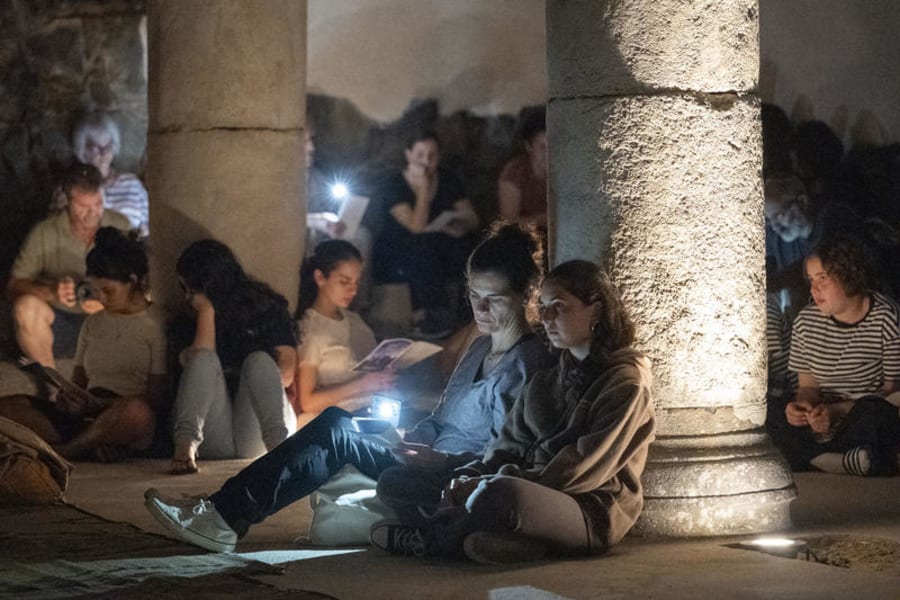Tisha B'Av: A tragic day of mourning for the Jewish people

Today is Tisha B'Av, the 9th day of the Hebrew month of Av, one of the most solemn and significant days in the Jewish calendar. Tisha B'Av holds a unique and deep place in Jewish history and tradition, as it commemorates several major tragedies that have befallen the Jewish people over thousands of years.
Tisha B'Av is primarily known for marking the destruction of both the First and Second Temples in Jerusalem. The First Temple, built by King Solomon, was destroyed by the Babylonians in 586 B.C. The Second Temple, which stood during the time of Jesus, was destroyed by the Romans in 70 A.D. These events were turning points in Jewish history, leading to long periods of exile and significant challenges in religious practice and national identity.
In addition to these pivotal moments, Jewish tradition associates several other calamities with Tisha B'Av, each adding layers of significance to this day. For instance, it is believed that on this date, the spies sent by Moses to scout the Promised Land returned with a discouraging report, resulting in 40 years of wandering in the desert. Centuries later, in 135 A.D., the Bar Kokhba Revolt against Roman rule was crushed on Tisha B'Av, leading to the end of Jewish hopes for independence in the land of Israel.
The tragic events connected to Tisha B'Av extend into medieval times as well. In 1290, it marked the expulsion of Jews from England, a decree that would remain in place for centuries. In 1492, the expulsion of Jews from Spain was set in motion on Tisha B'Av, marking one of the most traumatic events in Jewish history. Additionally, some associate more recent tragedies with this day, such as the beginning of World War I in 1914 and the mass deportation of Jews from the Warsaw Ghetto to the Treblinka death camp, which started on the eve of Tisha B'Av in 1942.
For the Jewish people, Tisha B'Av is not only a day of remembrance for these specific events but a day to reflect on the hardships and persecutions they have faced throughout history. It is a day marked by fasting, prayer, and reflection, offering an opportunity to remember the resilience and perseverance of the Jewish people in the face of adversity.
In modern Israel, Tisha B'Av remains a solemn occasion. Many businesses – including movie theaters and restaurants – are closed, and Israelis often spend the day in synagogues, where they read from the Book of Lamentations. It is a time to connect with the past, but it also carries messages of hope and unity. Many communities organize study sessions focusing on Jewish history and ethics, and some people take the opportunity to volunteer or engage in acts of kindness, transforming the pain of the past into a motivation for a better future.
Tisha B'Av is also an important day for younger Israelis. Schools and youth movements often organize special programs to help children and teenagers understand the significance of the day and its relevance to modern Israeli life. Interestingly, Tisha B'Av has become a day to reflect on contemporary issues, with some using it to discuss current challenges facing Israeli society, including social justice and the ongoing search for peace in the region.
Tisha B'Av serves as a powerful reminder of how ancient traditions can remain relevant in modern society. It is a day that bridges the gap between ancient history and modern life, showing how a nation can honor its past while using the lessons of history to guide its future.

The All Israel News Staff is a team of journalists in Israel.













